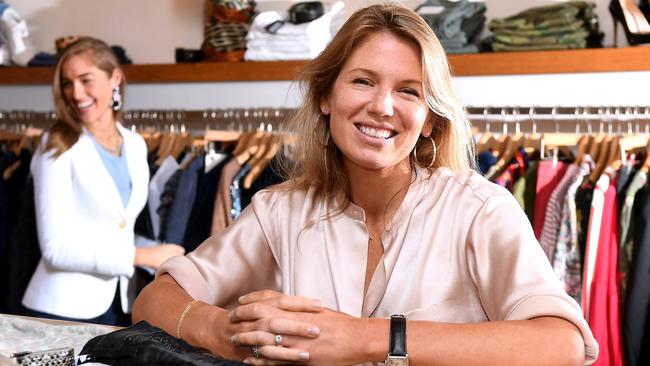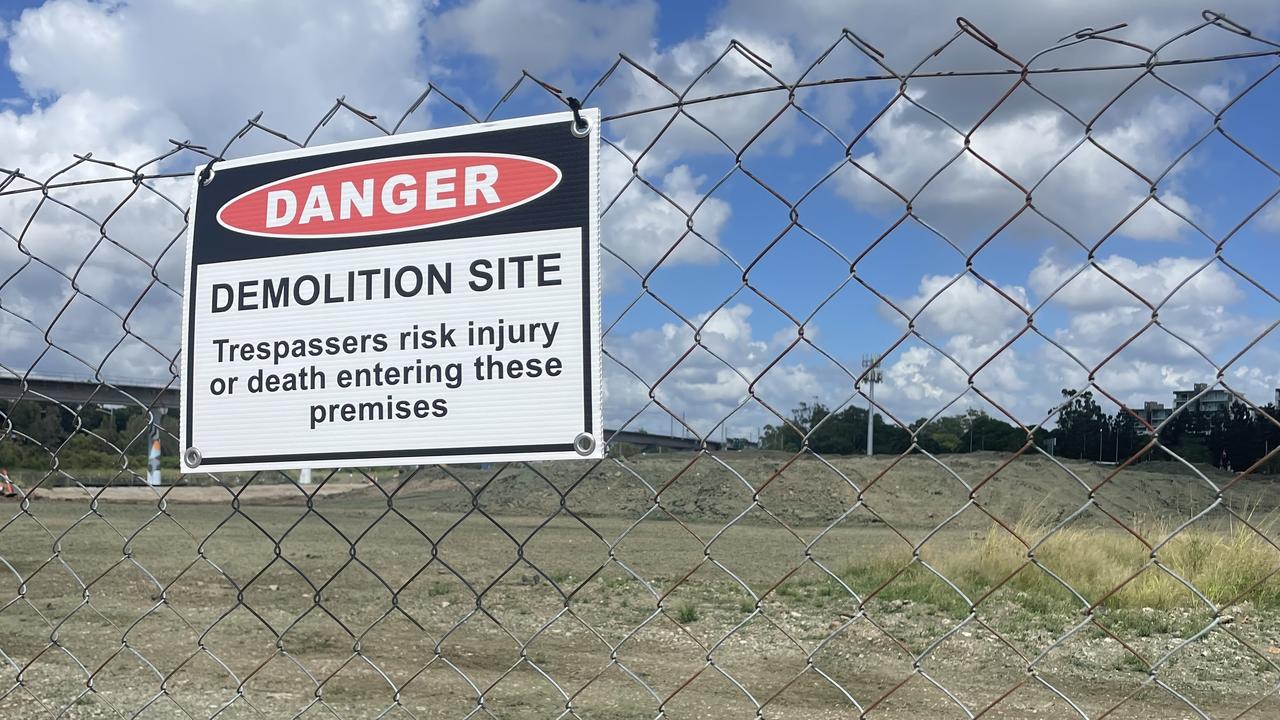Hundreds of Queensland retailers at risk of collapse, according to SV Partners
HUNDREDS of Queensland retailers are at risk of ruin this calendar year, due to a sluggish economy, stagnant wages and high costs.

QLD Business
Don't miss out on the headlines from QLD Business. Followed categories will be added to My News.
HUNDREDS of Queensland retailers are at risk of ruin this calendar year, due to a sluggish economy, stagnant wages and high costs.
SV Partners’ 2019 Commercial Risk Outlook Report is warning that 203 retail businesses, or three per cent of retailers statewide, face financial failure in the next 12 months.
The data comes as ABS figures show the economy has fallen into a GDP per-capita recession. Household consumption growth is also below average, squeezing the retail sector further.
High profile collapses in Australia over the past 12 months have included Roger David, Napoleon Perdis and Toys’R’Us.
SV Partners director David Stimpson said the most at-risk segments were franchisees and businesses whose profit margins were already on-the-line.
Mr Stimpson said stricter lending after royal commissions into banking and franchising, as well as competition from online and overseas, were putting the squeeze on smaller businesses.
“The banks and the franchisors are going to pass that onto the retailers, to the businesses, and the businesses are caught between a rock and a hard place.”
“They have increasing costs, but they can’t increase their prices, because they’ll fail to compete properly.”
He said rental prices and pressure to increase wages were also forcing retailers to raise prices, making them less attractive to consumers happy to shop online.
Mr Stimpson said roughly 125 Queensland retailers had failed annually in the past three years, but he expected 2019 to be worse due to sluggish growth weighing on household spending.
“A decrease in foot traffic, that’s a result of high household debt.”
“The first thing you do when you save is you don’t go and spend money on entertainment and retail.”
The SV Partners report comes a week after Deloitte Access Economics warned retail growth would slow to a meagre 1.6 per cent this year after a disappointing 2018.
Deloitte pointed to spending outstripping disposable income as evidence households were dipping into savings accounts.
Retail consultancy Franchise Redress director Maddison Johnstone said she feared lessons hadn’t been learnt since the recent inquiries into the franchise sector.
“We see retail franchises shutting down at a phenomenal rate,” Ms Johnstone said. “This is of major concern considering the franchise inquiry report was just released.”
National Retail Association chief executive Dominque Lamb said the first three months of each year were historically the quietest, and that she was skeptical of the predictions for doom and gloom.
“At this stage, I haven’t certainly seen increases in insolvencies, they are just weathering the storm.”

Ms Lamb however called on the upcoming federal budget to support the sector by stimulating the struggling construction industry.
“Where there are increases in residential building, there are increases in retail spending.”
“You can really tell what is happening in an economy where there is a decrease in retail spending.”
QUT Business School associate professor Gary Mortimer said fashion, footware and accessory retailers were particularly vulnerable.
“When you look at their range of products, they’re essentially selling the same thing.”
He said shoppers were opting for low-cost rivals such as Target and Kmart, or online shopping.
Dr Mortimer said the outfits most likely to survive would be ones which found a suitable niche.
“Identify clearly your point of difference. Ask yourself why would a customer visit me over a competitor,” he said.
Precincts such as James St, in Fortitude Valley, were likely to weather the storm better than shopping centres since they carried stock less likely to be found in big retail chains.
Calexico owner Nicky Charman said her fashion retail store on James St, Fortitude Valley, had seen strong business in recent months, and she had opened a second store along the precinct.
Ms Charman said the precinct was doing better because it offered independent, niche stores rather than franchises and chains.

“We have a lot of clients from Melbourne and Sydney. This area has become a bit of a destination.”
She said her store was still looking to hire a new employee despite the doom and gloom.
Shopper Mariann Illyes said she visited the James St precinct regularly because: “it has smaller stores.”
“I lived in Sydney and I can compare it to Double Bay. It’s very posh but very good,” she said.
“I could’ve gone to the shopping centre today, but I didn’t.”


